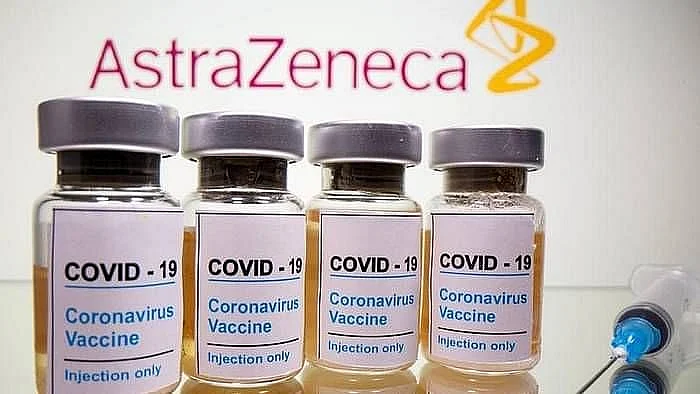Several European nations on Thursday, 18 March, said that they would resume vaccinations with the AstraZeneca shot after the European Medicines Agency (EMA) cleared the vaccine, saying that it is “safe and effective" and not linked with a higher blood clot risk.
According to BBC, Emer Cooke, the EMA’s executive director told reporters, "This is a safe and effective vaccine."
“Its benefits in protecting people from COVID-19 with the associated risks of death and hospitalisation outweigh the possible risks.”Emer Cooke
After the EMA’s announcement, Germany, France, Spain, Italy, the Netherlands, Portugal, Lithuania, Latvia, Slovenia, and Bulgaria among others announced that they would resume the shot, reported AFP.
Norway and Sweden, however, said they would need some time to decide whether to resume using the vaccine.
However, while Cooke said that "the vaccine is not associated with an increase in the overall risk of... blood clots", she added that the agency could not definitely rule out a link between the vaccine and a "small number of cases of rare and unusual but very serious clotting disorders."
The EMA has therefore recommended increasing awareness of these possible risks, and including them in the product information. Further investigations will also be carried out, Cooke said, according to BBC.
Europe in Doubt Over AstraZeneca
The European nations that had halted the usage of the vaccine were France, Germany, Italy, Spain, Slovenia, Cyprus, Portugal, Austria, Bulgaria, Denmark, Romania, Estonia, Lithuania, Luxembourg, Latvia, the Netherlands, as well as non-EU countries of Norway and Iceland.
Many said they were waiting for guidance from the EMA.
The body had earlier said that it was evaluating the vaccine looking at the available data related to all thromboembolic events reported after vaccination, with inputs from national agencies.
Even during the investigation, EMA said that it was of the view that “the benefits of the AstraZeneca vaccine in preventing COVID-19, with its associated risk of hospitalisation and death, outweigh the risks of side effects.
The World Health Organization (WHO) had also recommended continuing inoculation with AstraZeneca's vaccine until further notice, noting its benefits outweighed the risks.
The AstraZeneca vaccine was authorised by the European Commission for use within the bloc on 29 January.
(With inputs from AFP and BBC.)
(At The Quint, we question everything. Play an active role in shaping our journalism by becoming a member today.)
